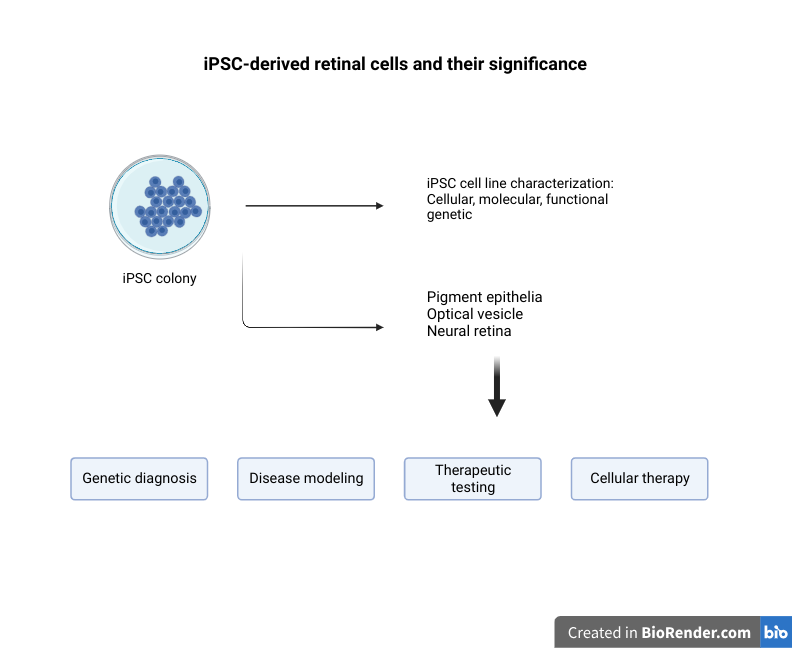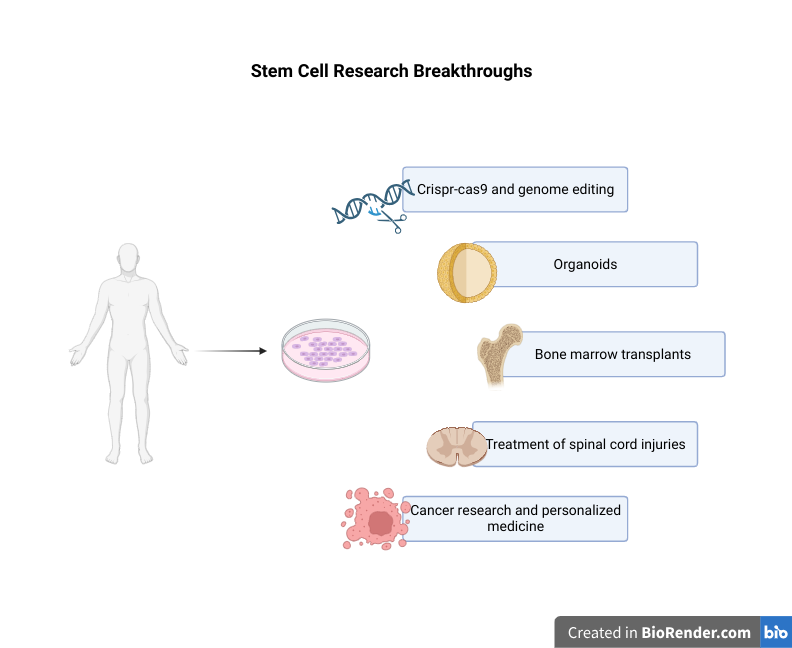
Ethical and legal considerations of organoid Research
The emergence of organoid technology has opened new frontiers in biomedical research, offering unprecedented insights into human development, disease modeling, and drug testing. However, with these exciting advancements come complex ethical and legal considerations that must be carefully navigated (1,2,3,4).
Informed consent and donor privacy The sourcing of human cells for organoids raises questions about informed consent and donor privacy. Researchers must ensure that donors understand the purpose of their cells’ use and have the option to provide consent. Privacy concerns extend to the de-identification of donor data to prevent identification.
Human-animal chimeras Organoid technology can be combined with animal models, leading to human-animal chimeric organisms. Ethical discussions arise around the extent of humanization, potential suffering, and the risk of conferring human-like qualities to animals.
Intellectual property and commercialization The development of organoids and related technologies raises issues related to intellectual property rights and commercialization. Deciding who owns the rights to organoid-based discoveries and how they can be utilized ethically and equitably is crucial.
Equitable access to benefits Ensuring that the benefits of organoid research are accessible to all, including marginalized communities and low-income countries, is an ethical imperative. Researchers must consider how discoveries are shared and made available for broader global health.
Engaging in transparent and inclusive discussions involving researchers, ethicists, policymakers, and the public is vital to establishing ethical guidelines and legal frameworks that promote responsible and beneficial organoid research while upholding principles of respect for individuals, equitable access, and the advancement of knowledge for the greater good.
References
1. Harris AR, Walker MJ, Gilbert F. Ethical and regulatory issues of stem cell-derived 3-dimensional organoid and tissue therapy for personalised regenerative medicine. BMC Med. 2022 Dec 27;20(1):499. doi: 10.1186/s12916-022-02710-9. PMID: 36575403; PMCID: PMC9795739.
2. de Jongh D, Massey EK; VANGUARD consortium; Bunnik EM. Organoids: a systematic review of ethical issues. Stem Cell Res Ther. 2022 Jul 23;13(1):337. doi: 10.1186/s13287-022-02950-9. PMID: 35870991; PMCID: PMC9308907.
3. Mollaki V. Ethical Challenges in Organoid Use. BioTech (Basel). 2021 Jun 28;10(3):12. doi: 10.3390/biotech10030012. PMID: 35822766; PMCID: PMC9245480.
4. Lavazza A, Chinaia AA. Human cerebral organoids: the ethical stance of scientists. Stem Cell Res Ther. 2023 Apr 1;14(1):59. doi: 10.1186/s13287-023-03291-x. PMID: 37005693; PMCID: PMC10068143.



